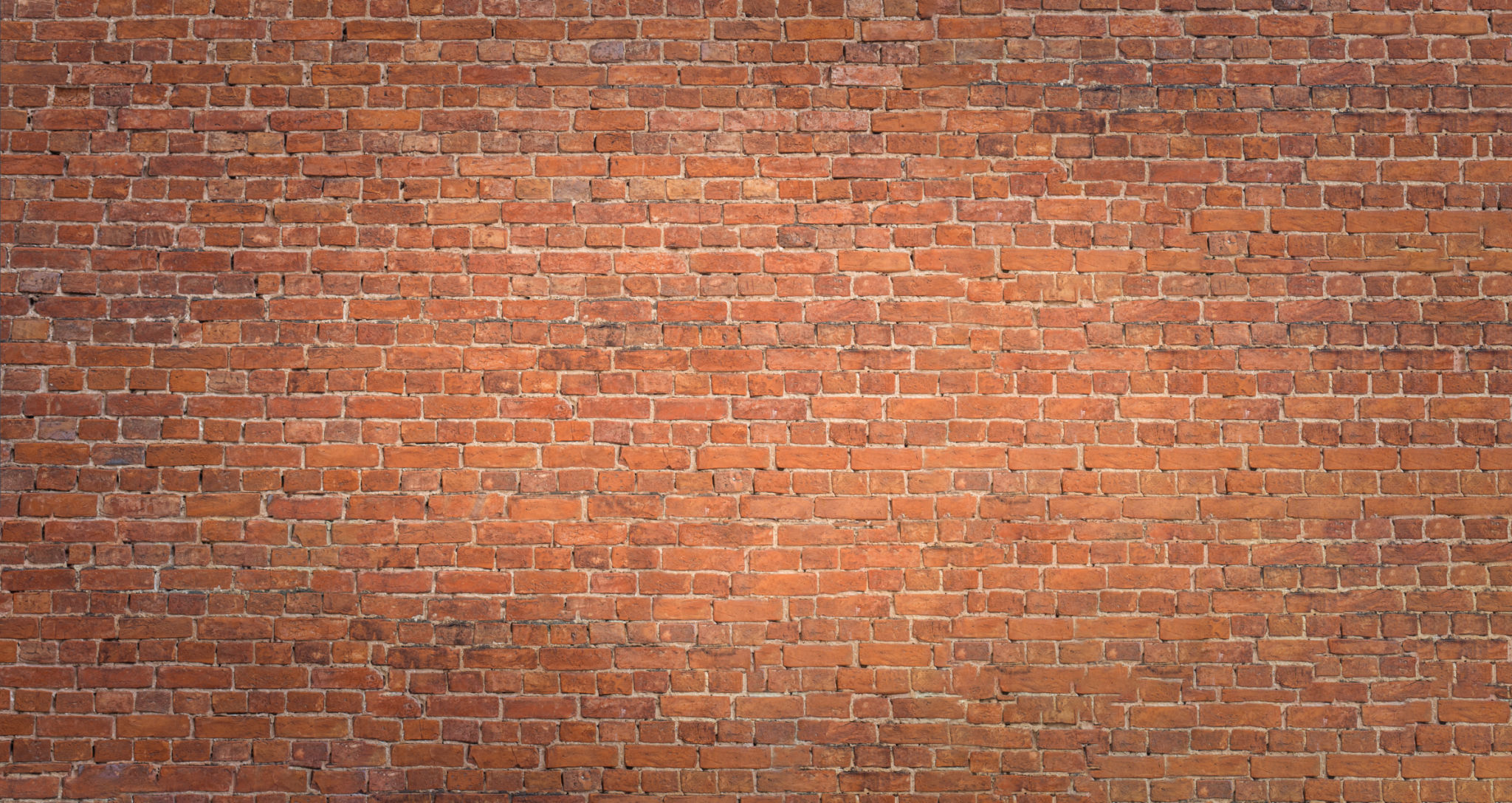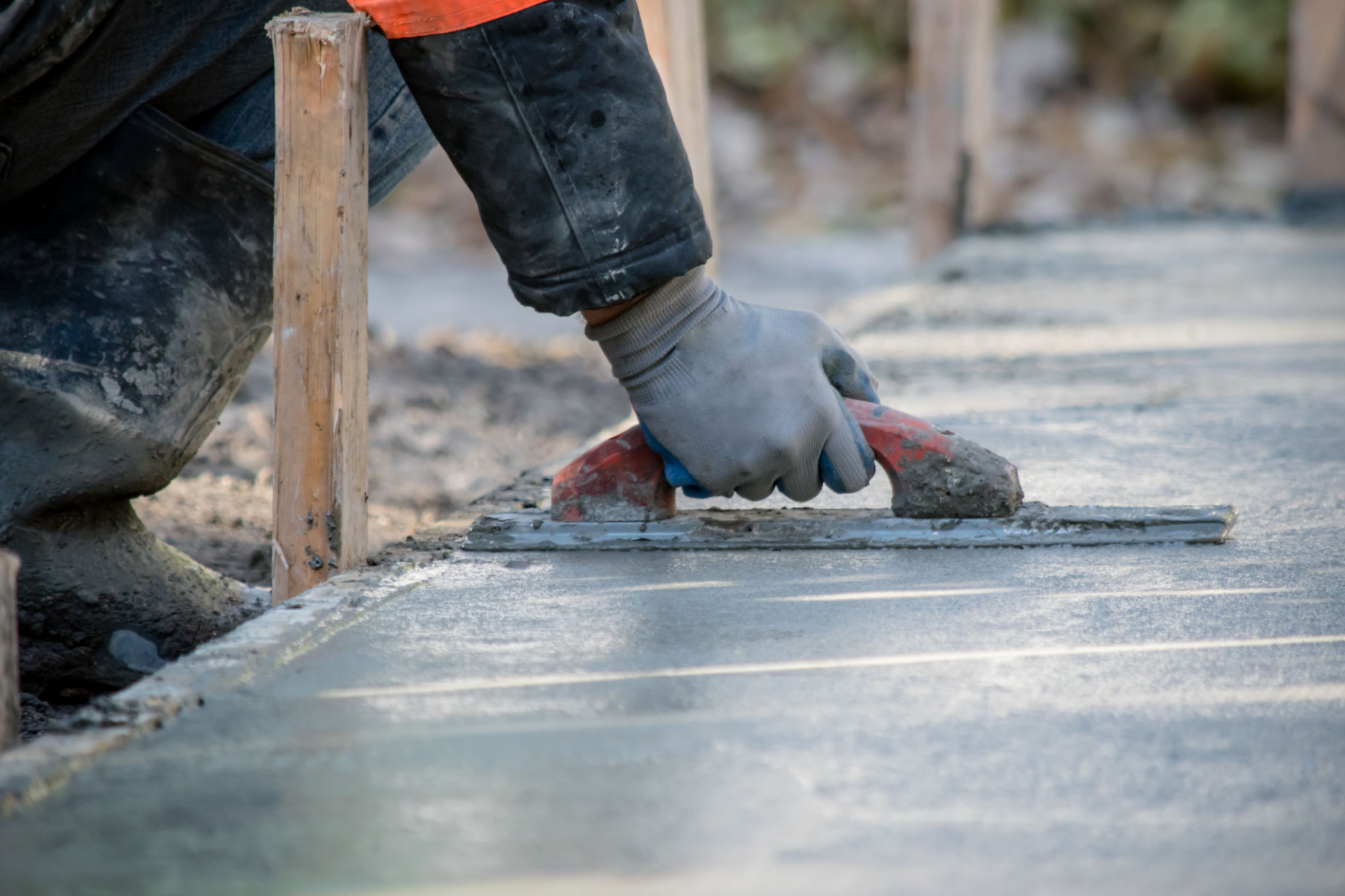How Much Does Masonry Work Cost in Texas? A Detailed Breakdown for Homeowners
Understanding Masonry Work Costs in Texas
When planning any home improvement project, especially one involving masonry, understanding the costs is crucial for effective budgeting. In Texas, masonry work can vary significantly in price depending on several factors such as materials, labor, and project scope. This detailed breakdown will help homeowners get a clearer picture of what to expect financially when considering masonry work.

Factors Affecting Masonry Costs
Masonry costs are influenced by various elements, including the type of material used, the complexity of the project, and the location within Texas. Some common materials include brick, stone, and concrete block, each with its own price range. Additionally, the intricacy of the design and the skill level required for the job can also impact pricing.
Another important factor is labor costs, which can vary based on the expertise of the mason and local market rates. In larger cities like Houston or Dallas, labor might be more expensive compared to smaller towns due to higher living costs.
Material Costs
The type of material chosen for a masonry project greatly affects the overall cost. Here's a quick overview:
- Brick: Typically ranges from $6 to $10 per square foot.
- Stone: More costly, ranging from $10 to $25 per square foot depending on the type of stone.
- Concrete Block: Generally more affordable, around $5 to $8 per square foot.
These prices are estimates and can fluctuate based on local availability and specific project requirements.

Labor Costs
Hiring a skilled mason is essential to ensure quality work. On average, labor costs in Texas can range from $40 to $100 per hour. The final cost will depend on the project's complexity and duration. Some masons might charge by the square foot instead of hourly, so it's crucial to clarify pricing methods during initial consultations.
For small projects, such as building a garden wall or a fireplace, labor costs might be relatively lower. However, for extensive projects like constructing a retaining wall or an entire home façade, expect higher expenses due to increased time and effort required.
Additional Costs to Consider
Beyond materials and labor, there are additional costs that homeowners should consider when budgeting for masonry work. These may include:
- Permits and Inspections: Depending on your locality, you may need permits which can cost anywhere from $50 to $500.
- Preparation Work: Site preparation might incur extra charges if it involves clearing land or demolishing existing structures.
- Finishing Touches: Sealing or waterproofing can add to the final cost but is essential for longevity.

Savings Tips for Homeowners
Although masonry work can be expensive, there are ways to manage costs effectively. Consider purchasing materials yourself to avoid markup prices from contractors. Additionally, getting quotes from multiple masons ensures competitive pricing. Look for experienced professionals who offer fair rates and can provide references or examples of past work.
Planning projects during off-peak seasons might also result in lower labor costs as demand decreases. Always negotiate terms and ensure everything is documented in a contract to prevent unexpected expenses.
Conclusion
Masonry work in Texas offers both aesthetic and functional benefits for homeowners, but it requires a well-thought-out budget plan. By understanding the various cost factors involved—from materials and labor to additional fees—homeowners can make informed decisions and achieve their desired home improvements within budget.
